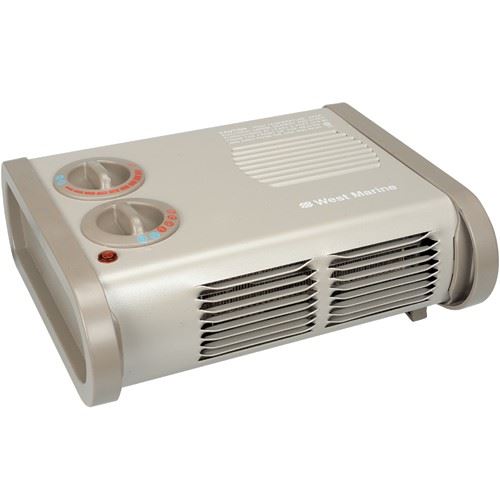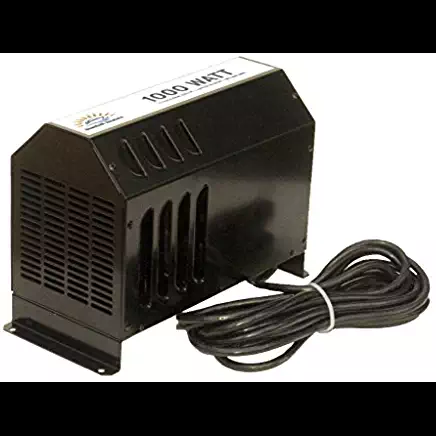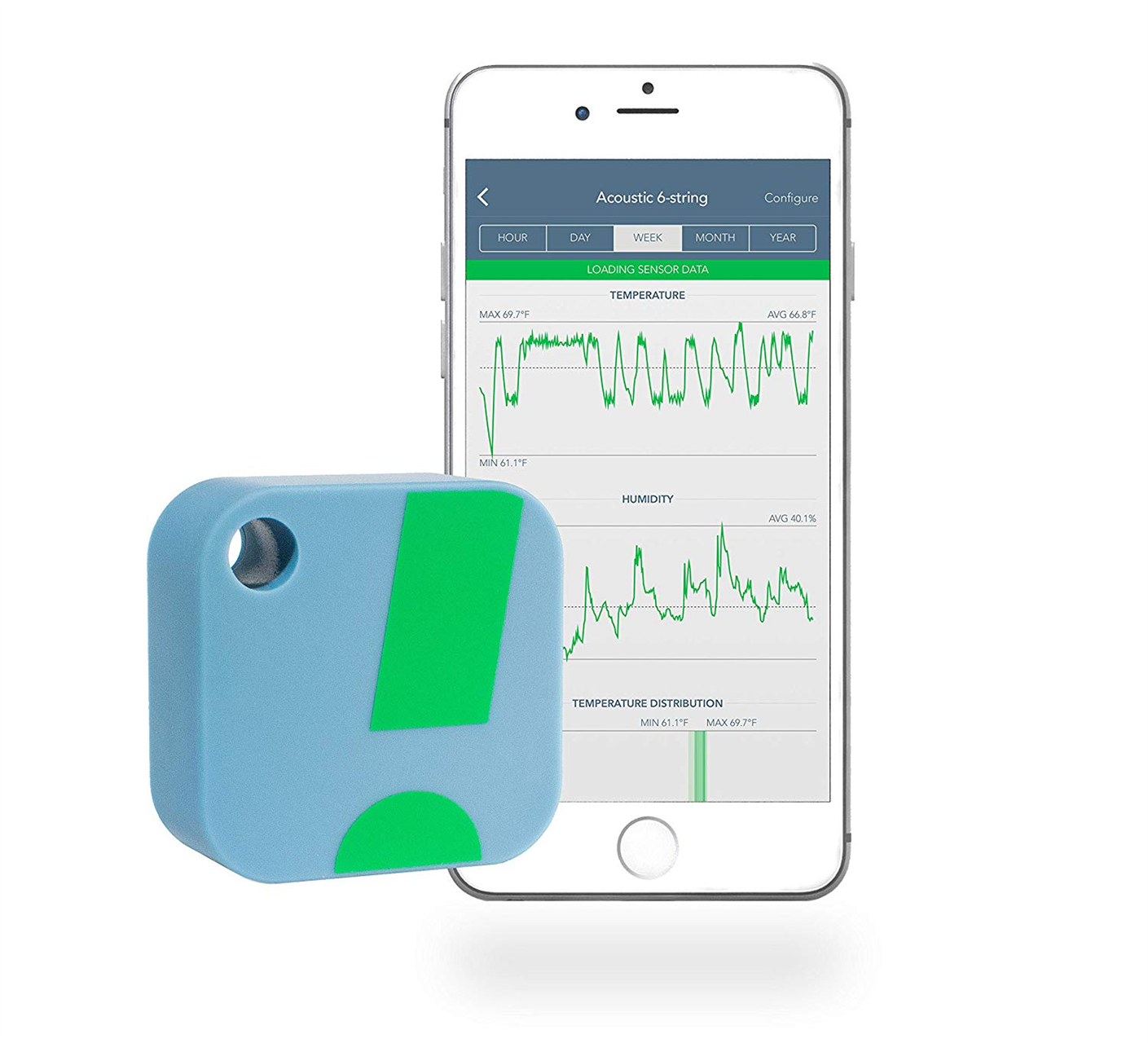Winter Boat Heating
The climate in Guntersville allows us to leave our yachts in the water for the winter, but if December January and February had the potential of freeze damage unless precautions are taken. Heaters in both the engine room and the cabin are good ideas to prevent frozen pipes and engines.
Even if you are planning for heaters in cabin and engine space you will likely need to take additional precautions against freezing temperatures. If you have water outlets, showers, washdowns or showers on the outside of your boat it is likely that they will freeze when we dip below 20 degrees or stay below freezing for several days in a row. You will likely need to drain these external water outlets to keep them from freezing. Many install a system that allows you to shut off the water to the outside water outlets in a heated area of the boat and then to drain the water from the lines that head outside.
Cabin Heaters
Cabin Heaters are not normally explosion resistant so a good quality boat or RV heater is a good option to keep your plumbing from freezing. West Marine and other vendors provide similar units that have automatic freeze protection and turn on to maintain 38-degree Fahrenheit like the one pictured below. Keep it in a location that keeps flammables at a safe distance and watch keep your cord from being a trip hazard.

You may think if one heater is good, two is better. Before you add a second heater you need to consider the total amperage on the circuit and the total amperage you boat might draw. If you overload you system you are likely to trip a breaker and the extra protection you thought you were getting with a second heater just provided zero protection as you tripped your breaker on overload. When adding a bilge heater on top of your cabin heater, consider the total amp draw.
Engine Room Winterizing
Heating your engine room requires additional consideration as you should only use USCG ignition protection certified engine compartment heaters. While some may claim to have used a couple of 100-watt light bulbs, don’t do it! Any heat source that has the potential of igniting flammable and explosive gasses in the engine bilge provides an extreme hazard to your boat, the club facilities and your neighbors vessels.
Many manufactures sell “bilge heaters”. Use your favorite search engine and you will find many options. Below are a couple of examples for reference but this is not a specific endorsement for any brand just examples for reference.
https://www.boatbilgeheaters.com/

https://www.xtremeheaters.com/

https://theboatsafe.com/
Adding the heater to your engine room also takes an additional step. How will you power it? If you have a approved GFCI outlet in your engine space you can simply plug it in and either temporarily or permanently mount the heater in a location suggested by the heater manufacture. Watch to not create a trip hazard in the process. If you do not have an outlet the safest alternative it to have the heater wired directly back to the vessel breaker box. Order your heater with a cord that is long enough to reach the breaker box (consider the routing needed to get it there) without needing a wire splice.
Although the bilge heaters are designed to deliver low temperature heat, malfunctions can occur that could damage your boat or prevent it from heating the space as expected. Make sure that the space around the heater is clear, and that there isn’t any combustible material in close proximity (rags, paper towels, fuel, etc). In addition, check your power cord to ensure that it is not damaged or chaffed. A short circuit in the cord could easily trip the power to your heater and allow your engine compartment to experience freezing temperatures.
While many in Guntersville opt for installing heaters if you really want to be safe and don’t use the boat during the coldest months the traditional method of winterizing your systems with RV anti-freeze is very reliable and continues to work even if the power is off.
Temperature Monitoring
Now that you have your heaters installed and turned on you may think you have nothing to worry about. The issue with this is you are never sure when a heater might fail, a breaker might trip, a connection comes loose or the power goes off. Many consider adding a monitoring system which allows you to remotely monitor your cabin and engine room.
A system that provides email or text when warning temperatures are hit can allow you to take action before any damage is caused. While many options are available look at the options below for ideas.


https://tempstick.com/

https://www.lacrossetechnology.com/la-crosse-alerts-mobile/